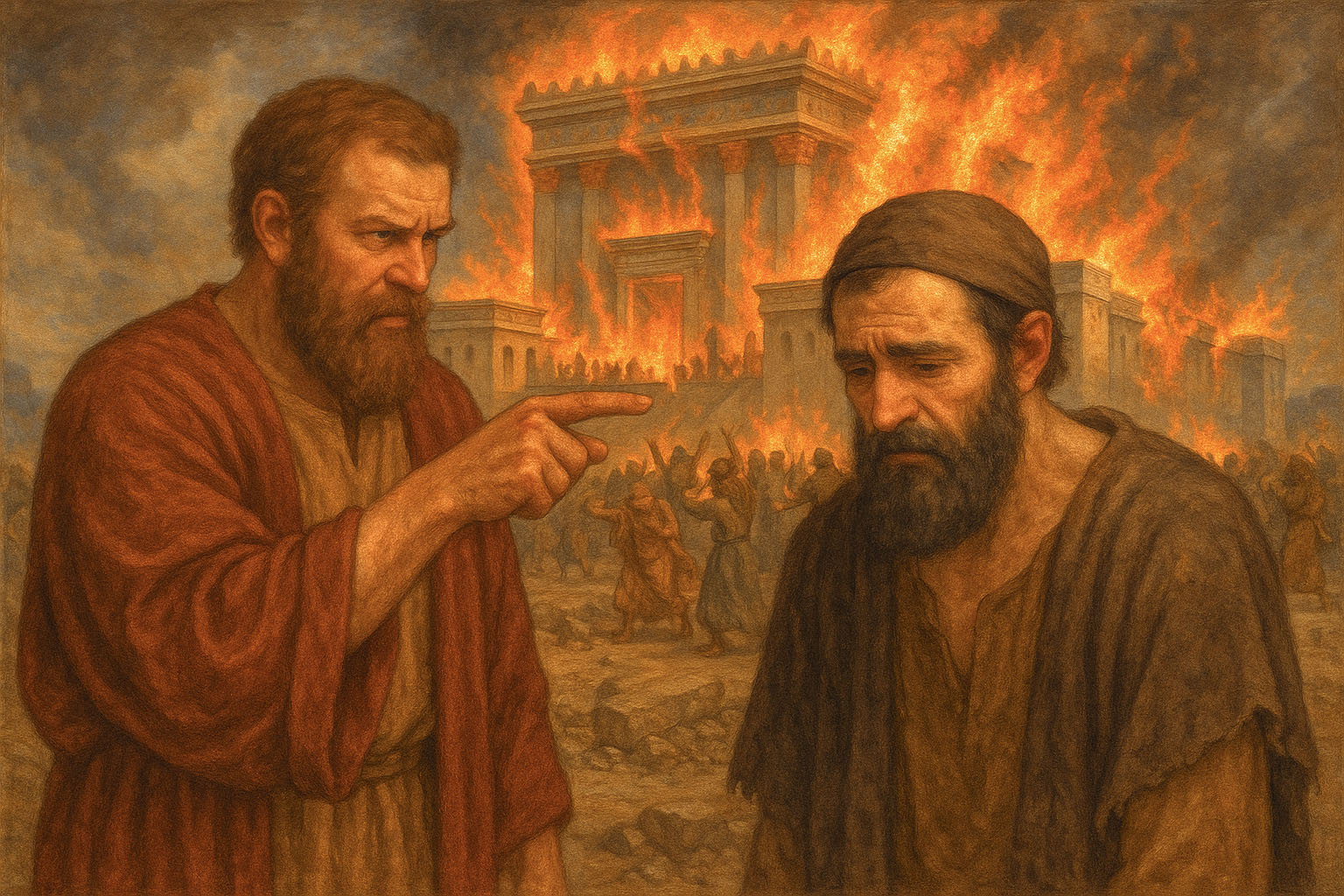A sign in a Shtiebelech (small synagogue) in Golders Green, London, caught my eye shortly after I returned from a long stay in Los Angeles. It began with the words: “Due to the situation in Israel…” My mind raced, anticipating the rest of the sentence.
The year was 2002, the height of the Second Intifada. I had just started working for an Israeli tourism company, and I met with leaders of Zionist youth movements from across the Jewish spectrum in England, who had to make a difficult decision: whether to come as they did every year to the summer camp in Israel with their members, or to cancel. In Israel, buses were exploding, and people lived in fear. Even when we lived in Los Angeles, the terror events in Israel were constantly present. In the synagogues there, they responded by organizing a solidarity delegation to Israel, reciting Psalms, or sending money. Everyone, without exception, thought about and worried about the situation in Israel. Meanwhile, the youth movements in England made a unanimous decision: the organizations would go to Israel, but the parents and campers would decide independently what to do.
Then, suddenly, I encountered the following sign in a Hasidic study hall in London: “We invite you to the Kollel in Glasgow.” I thought to myself that the rest of the sentence would be: “to strengthen the people of Israel,” or perhaps “so we can pray, etc.,” but it was different: “so we can learn Torah in peace and tranquility.” And I asked myself – what kind of detachment is this? How could Jews write such a thing?
I was more than two decades younger then, and at the time, it pained me to see this. But I managed and answered myself: “This is a small, disconnected group.” Sad, but what can be done?
Kamza and Bar Kamza: A Society Inherent with Destruction
A very well-known story for Tisha B’Av can help us understand the significance of the sign I had seen in London. The story about Kamza and Bar Kamza tells of the destruction of Jerusalem. Many interpretations have been given to the Midrash, but it seems to me that our Sages, may their memory be a blessing, wanted to tell us something fundamental about society: A society preoccupied solely with itself is a ruined one, and there is no longer a need for it.
Let’s delve into this point. The host in the Midrash invites the Sages of Jerusalem as well as “Kamza.” “Kamza” is not his first name, nor even his last name. He represents a social norm: inviting only those who are considered “one of us.” In contrast, others would say about “Bar Kamza”: “He’s not part of the gang.” (The Hebrew word “Kometz” (קומץ) in this context means a closed and limited group).
The Jewish society in Jerusalem, as described in the Midrash, was preoccupied solely with itself. It listened only to its own opinions, to those who were “within the circle.” One could say that this society had an AI system that was programmed to identify only what interested it, and who its “friends” were – that is, those who were similar to it and who thought like it.
This is a sure recipe for failure. Such a society is already in ruins. The physical destruction of the Second Temple was not a sudden event detached from social reality; it was a direct result of the internal social situation. The emotional detachment, the elitism, the inability to embrace the other and the different – all these led to the moral and social collapse that preceded the physical destruction.
Towards a Connected Society
The Faculty of Education at Bar Ilan University, under the leadership of Professor Zehavit Gross, invests heavily in integrating populations from the widest possible spectrum of Israeli society. This year, I had the privilege of being included in a leadership program in memory of Lt. Col. M. (Lieutenant Colonel Mahmoud Kheir El-Din), an Israeli hero from the Druze community who was killed in a military operation in 2018. The program included both Druze and Jews, with the figure of Lt. Col. M. serving as a role model and example for all of us. An independent and advanced State of Israel needs different opinions, diverse cultures, and to integrate as many people as possible from all sectors into academic positions leading to leadership roles in the public sector. This is how Professor Gross led the faculty for many years until her retirement at the end of this past academic year.
It would be simplistic to criticize the sign-writer in London. However, if we think deeply, it might be true that it is very difficult and even dangerous to study when buses are exploding, and sending students to a country in a state of war is not simple; and it might also be necessary to take a break in order to find peace and tranquility. But the real story is about only talking to those who are similar to me. Where do I encounter this? As an edupreneur, an education entrepreneur working with Jewish schools around the world, the answer is: every single day. After examining the situation further, it is possible to understand that the meaning of “Ahavat Chinam” (unconditional love) is not an act of kindness towards the other or an exercise in how to be nice; rather, unconditional love is the ability to appreciate the other for who they are and certainly for what they bring to the world.
Mickey Katzburg is engaged in entrepreneurship, branding and project management and is the founder and director of the World Center for Jewish Education.




